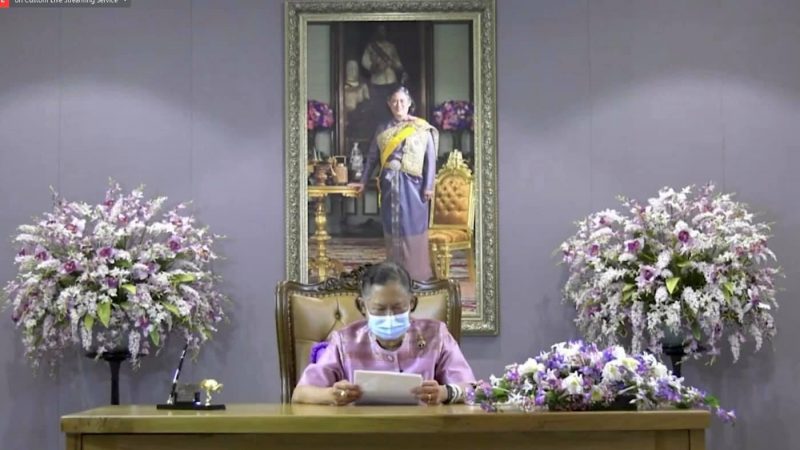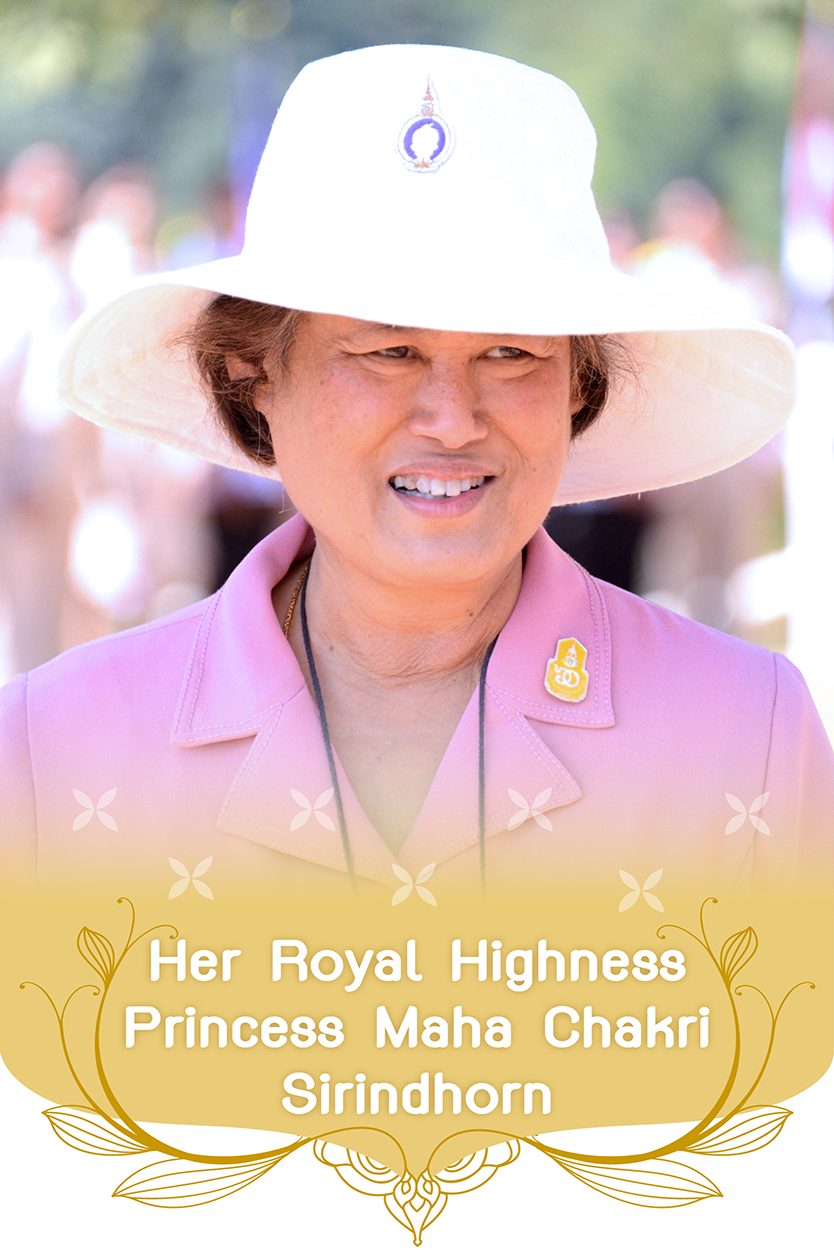Her Royal Highness Princess Maha Chakri Sirindhorn delivers an honourary speech at the Pre-Summit of the 2021 UN Food Systems Summit on “School Feeding” and the “Agriculture for School Lunch Project”

In my opinion, in Thailand as in most countries, school is the place where every child goes. It is like a center for community members … so school is an ideal place for food, health and education development to achieve the sustainable development goals.
Thank you very much Dr. Agnes Kalibata, Special Envoy of the UN Secretary-General for the 2021 Food Systems Summit for inviting me to virtually join the UN Food System Pre-Summit today.
I have been working on school feeding for more than 40 years. In my opinion, in Thailand as in most countries, school is the place where every child goes. It is like a center for community members such as parents, community leaders, local wise men and women and other etc. It is also the place where officials from many ministries such as the Ministries of Education, Public Health, Agriculture and Cooperatives, the police force and the army etc. come to help. So school is an ideal place for food, health and education development to achieve the sustainable development goals. Over 40 years ago, I started my project in remote schools by providing them with vegetable seeds, pea seeds, fruit trees, saplings and animals such as poultry, livestock, pigs, goats and fish. In agriculture, pupils also learn how to conserve water and enrich soil with biological substances. They make out their own pesticides to avoid using harmful chemicals. In school farm, pupils learn how to integrate knowledge from several subjects like languages, mathematics, accountings, science and even art and music. Pupils sell their school farm products to school kitchen in a school cooperative system. In the kitchen teachers, pupils and their parents learn about healthy food and healthy environment. If the farm products are not enough for the pupils, the schools buy raw food materials from the village. If there is an excess, they can preserve food in their school factory and sell it in the school cooperative shop or bring it home.
First it was only a school project called agriculture for school lunch, nowadays it is a model of sustainable consumption pattern and concept of which is useful to many communities, workplaces and even military camp besides schools. Everyone knows about the important of food, nutrients to the body and the relationship between diets and health or diseases. In school clinic, teachers and health workers teach pupils about health, sanitation, clean environment, clean food, clean drinking water, hand-washing, clean kitchen and clean toilet. School clinic often provides pupils vitamins and mineral supplements such as multivitamins, iodine and iron. The clinic takes care of the problem of intestinal worms, skin diseases, influenza-like illness, dental health, insect-formed diseases such as malaria, dengue fever and elephantiasis. The vectors of which are mostly mosquitoes. We take care of pregnant women health. Health education teachers and health officials visit households of 0-3 age group, children in daycare center and kindergarten, primary school up to secondary and high school. Lastly, we also emphasize on environmental protection and preservation of local and national culture. In the long run, these are related to both physical and mental health of the whole population. During the covid pandemic, health system and nutrition are very important but often the Ministry of Education closes the schools so we have to shift education from schools to households and communities, try to provide as much education as possible to the children. Nowadays the knowledge taught in schools such as agriculture, public health, accountings and cooperatives is extended to nearby communities and the communities also provide school with their knowledge such as handicraft and food production.
With sharing and caring, we will get through all difficulties together.
Thank you very much




